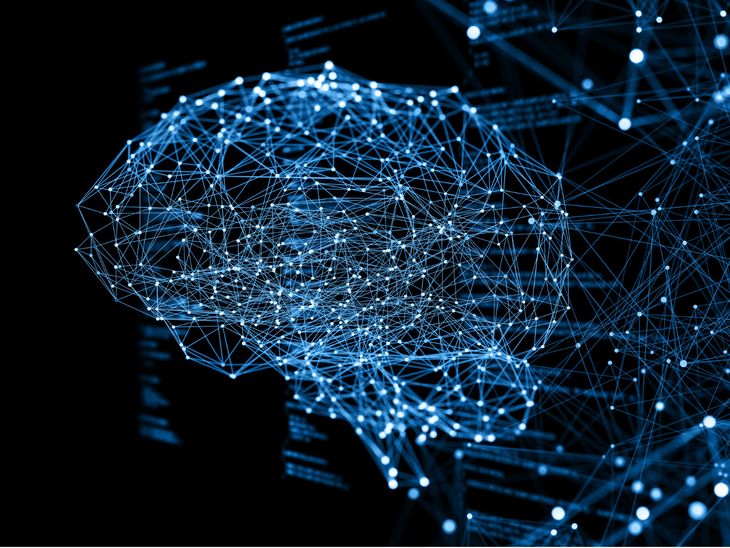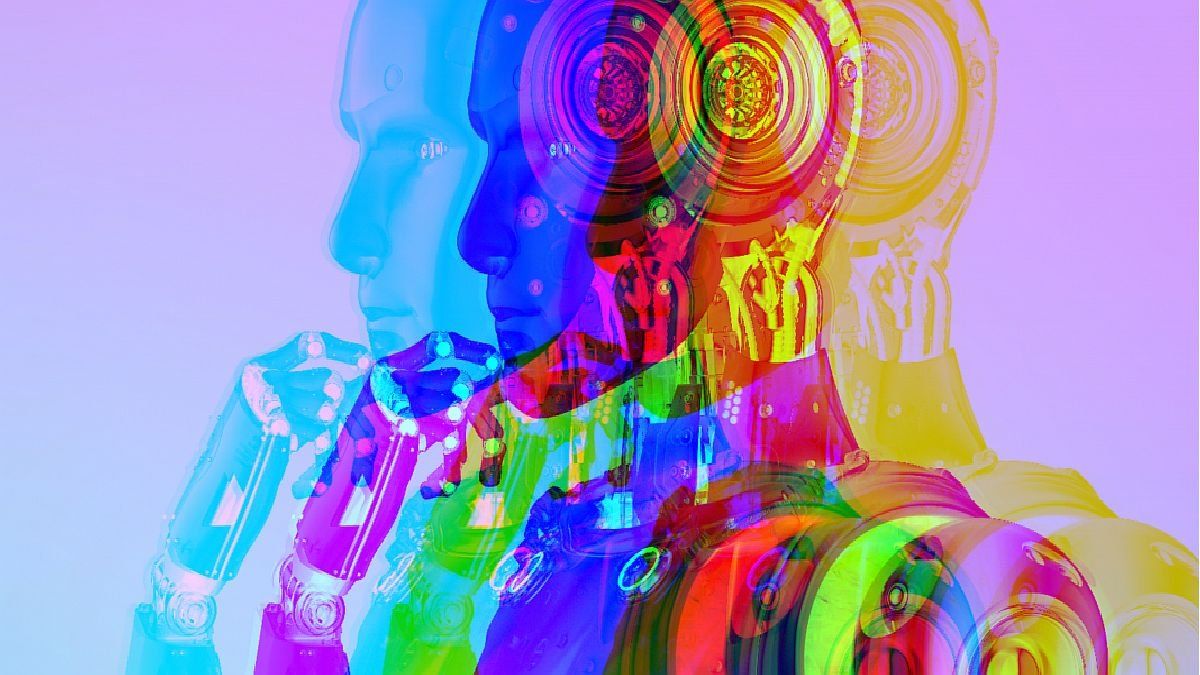The launch of ChatGPT caused quite a stir, criticism and astonishment. It is a conversational AI chat with amazing and disturbing ability, which can hold a long conversation with a human being, keep the thread of the conversation, identify central ideas, relate concepts, elaborate non-linear, extensive, exhaustive, thoughtful responses. , with recommendations, with clear and simple language.
Some point out that it reached a million users in just 5 days, when Instagram, for example, took almost three months to gather that same amount. The entire web is talking about this AI that has left the whole world stumped and wondering what is the future of artificial intelligence and humanity.
CHATGING WITH CHATGPT
ChatGPT is really amazing, it learns as we interact with it, it doesn’t repeat answers and it can perfectly follow the thread of a conversation, taking up previous questions.
To test the capabilities of ChatGPT, a three-day test was carried out, with a total of approximately one and a half hours of conversation. He was consulted on topics of general interest, legal questions, to write contracts, letters, documents, questions about physics, mathematics, health, literature, philosophy, and even to correct computer code. The results were amazing.
image.png
To start, ChatGPT was asked to write a 200 word essay on artificial intelligence, explaining what is the Turing Test, entropy, the morphic resonance hypothesis, the theory of everything, what is the Hodge conjecture, the Riemann hypothesis, what were the foods with a low glycemic index and if virtual reality glasses can cause health problems.
While dealing with theoretical and conceptual questions, AI surprised with its ability to identify core ideas, elaborate concepts, and synthesize them into clear, accessible language, yet precise, thoughtful, and comprehensive. In some cases, he even offered some pretty good recommendations.
Does this mean that search engines and online encyclopedias have their days numbered? In the not-so-distant future, will we enter all of our questions into an artificial intelligence chat that will feed on all of humanity’s available knowledge and have the ability to relate these ideas and craft complex answers in simple, accessible language?
chatboot.jpg

To up the ante, he was asked to summarize central ideas from the movie Avengers: Endgame and books such as Thus Spoke. Zarathustra, Being and Nothingness, El Leviatán and Demian, both in modern Spanish and in ancient Castilian. You were also asked to describe Jordan B. Peterson’s philosophical bent and to answer what is considered a moderate return on US dollar investments. The objective was to find out how the AI related ideas and concepts that are not from the manual, to elaborate answers with a certain degree of complexity. In addition, these types of questions are usually subjects that are requested in colleges or universities to assess students’ cognitive abilities.
Although in the old Castilian the AI did not go so well, the answers show the surprising and disturbing capacity that ChatGPT has and inevitably makes us wonder, with this type of technology, will it be viable in the future to ask students to write essays in their homes or do home examinations? In fact, the capabilities demonstrated by this AI have already alarmed various personalities who have warned that the education system will have to change forever.
But at the same time, it is also worth asking, What will be the future of copywriters, storytellers, writers, storytelling professionals and essayists? Will ChatGPT responses be protected by intellectual property rights? How to avoid or recognize plagiarism in these cases?
The AI was then asked to draft a Non-Disclosure Agreement, a document letter, and answer various legal questions from various jurisdictions. Although the documents requested are standard and the questions can be considered textbook, the answers were more than acceptable.
Could ChatGPT replace lawyers? Maybe not to make a complex lawsuit or contract, but with this technology, will we still need lawyers for basic initial consultations or drafting standard documents?
Finally, and with the aim of thoroughly testing ChatGPT, a programming code was written in Python with errors and asked to correct it. The objective was to test the ability of the AI to detect errors, evaluate them and make corrections. The AI response was forceful and on point, correctly identifying the two errors and providing possible solutions.
Does this mean that we will no longer need teachers in the future or that their function will be reduced or transformed into another role? In the future, will artificial intelligences be teachers’ assistants to correct or will they replace them?
AI AND THE FUTURE OF JOBS
There is much speculation about whether artificial intelligence will kill off a large part of the jobs we know today or if it will become a kind of Skynet. The answer is unpredictable. Although the most optimistic theories consider that AI will enhance the capabilities of human beings and will create new sources of work that we are not even aware of today, the latest news on artificial intelligence systems that generate images, videos, paintings and text They make us sting a little when we realize that several of the tasks that require higher education, formal knowledge and creativity could be automated with an AI.
artificial intelligence.jpg

This is one of the central reflections of Paul Krugmanneconomist and Nobel laureate, in a column for the New York Times, who affirms that before “machines replaced muscles”, but now they are replacing human knowledge and if in the long term, perhaps employment aggregate Do not diminish, today’s technological advances could affect knowledge workers such as programmers, lawyers, accountants, essayists, writers, analysts, researchers and the list can go on. In fact, a user in Twitter stated a few days ago that ChatGPT passed a (mock) exam for law and one for medicine.
The key to this question lies in the professional and labor reconversion of workers. This reconversion, as Krugman mentions, is often painful. This is the real challenge that we must rethink as a society. The professional and labor reconversion must be a policy of the State and of the unions to guarantee that the transition is as successful and painless as possible.
CAN AI BECOME A THREAT TO HUMANITY?
AI can be very useful in many areas, such as medicine, industry, and transportation. However, there are also concerns about the AI. Some fear that AI systems could replace human workers on certain tasks, which could lead to increased unemployment. There are also concerns that the AI could be used in a malicious way. AI can be a very useful tool if used responsibly and ethically, but like any powerful technology, it can also be used in dangerous ways if not handled properly. Therefore, it is important to ensure that AI systems are developed and used in an ethical and responsible manner.
The previous paragraph was written by ChatGPT himself, based on two questions he was asked. It seems to me suitable as an end to this opinion.
It can be affirmed that the limit of AI is the available knowledge of humanity, which still does not create new knowledge. It can be argued, as Krugman mentions, that AI is not exactly intelligence. And also, as several users warn, ChatGPT is arguably buggy and not foolproof. But the capabilities and possible consequences for humanity of this type of advanced AI are incalculable.
Sam Altman himself, CEO of OpenIA –the company that created ChatGPT–, has referred in the past to “the dangers of not thinking about the “social consequences” when “you are building something on an exponential curve”.
The future is here. Now it’s time to adapt, regulate, demand accountability and develop systems that are ethical and responsible. After all, it is what the AI itself recommends and the future of humanity is at stake.
CEO of LexRock, entrepreneur, lawyer and disseminator.
Source: Ambito
David William is a talented author who has made a name for himself in the world of writing. He is a professional author who writes on a wide range of topics, from general interest to opinion news. David is currently working as a writer at 24 hours worlds where he brings his unique perspective and in-depth research to his articles, making them both informative and engaging.




